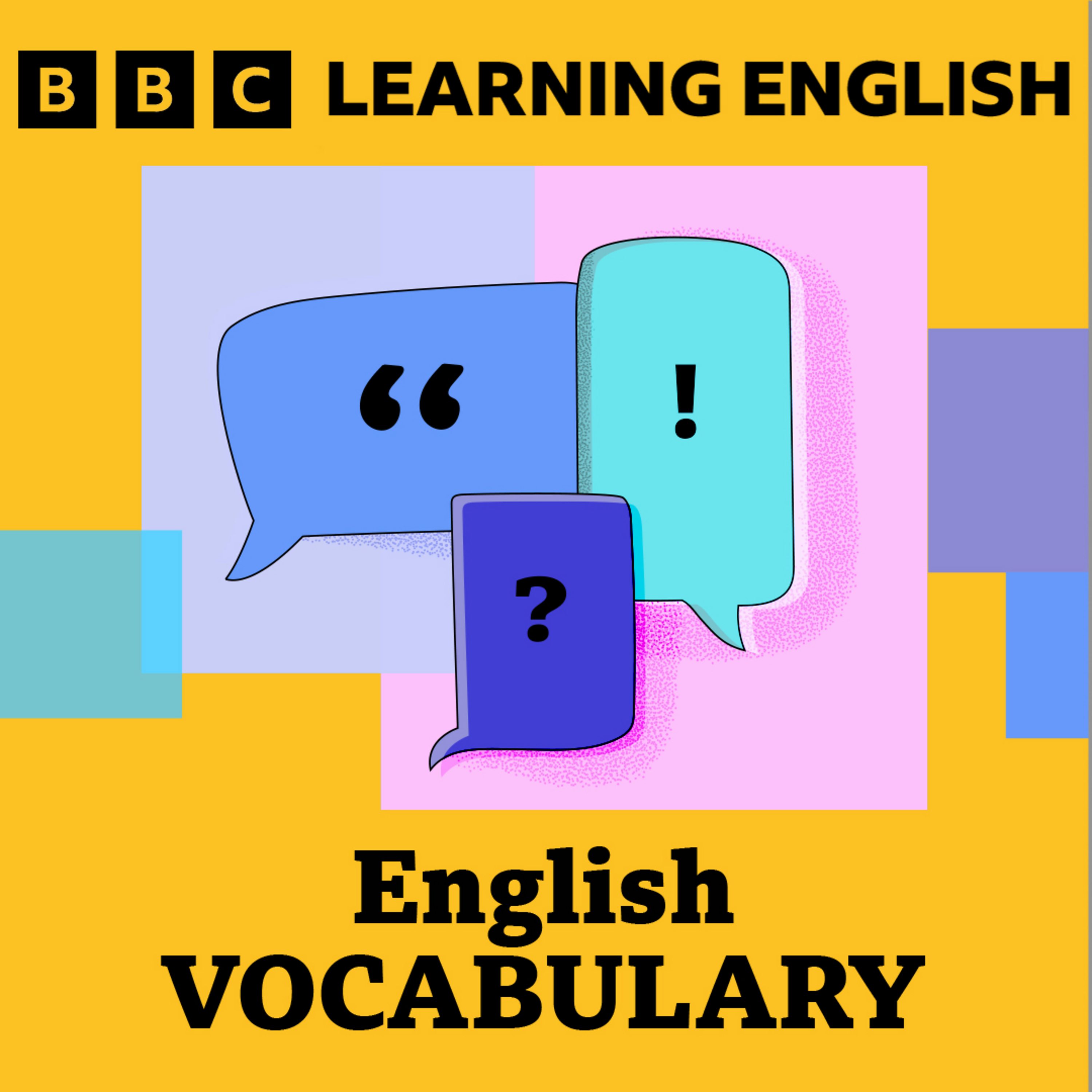
Deep Dive
Why do we use 'at' for specific times like 'at 2.30'?
We use 'at' for specific times on the clock, such as 'at 2.30' or 'at 3 o'clock', as well as for particular points in the day like 'at lunchtime' or 'at breakfast'.
When do we use 'on' in time expressions?
We use 'on' with days of the week (e.g., 'on Monday'), specific dates (e.g., 'on June 20th'), and special days (e.g., 'on Christmas Day').
What are some examples of using 'in' for time expressions?
We use 'in' for parts of the day (e.g., 'in the afternoon'), seasons (e.g., 'in spring'), months (e.g., 'in June'), and years (e.g., 'in 1996').
Why do British people say 'at the weekend' instead of 'on the weekend'?
In British English, 'at the weekend' is commonly used, while some other speakers may use 'on the weekend'. Both are acceptable.
What is the top tip for learning vocabulary from this episode?
Instead of learning individual words, try learning small chunks of language like time phrases, as they are easier to learn and make English sound more natural.
- Use 'at' for specific times, points in the day (lunchtime), special days (Easter), and festivals.
- Use 'on' for days of the week, specific dates, and special days (Christmas Day).
- Use 'in' for parts of the day (afternoon), seasons, months, and years.
Shownotes Transcript
Learn how to use time expression with the preposition in, on and at.
FIND BBC LEARNING ENGLISH HERE: Visit our website ✔️ https://www.bbc.co.uk/learningenglish Follow us ✔️ https://www.bbc.co.uk/learningenglish/followus
SUBSCRIBE TO OUR NEWSLETTER: ✔️ https://www.bbc.co.uk/learningenglish/newsletters LIKE PODCASTS? Try some of our other popular podcasts including: ✔️ Learning English for Work ✔️ Learning English from the News ✔️ Learning English Stories
They're all available by searching in your podcast app.